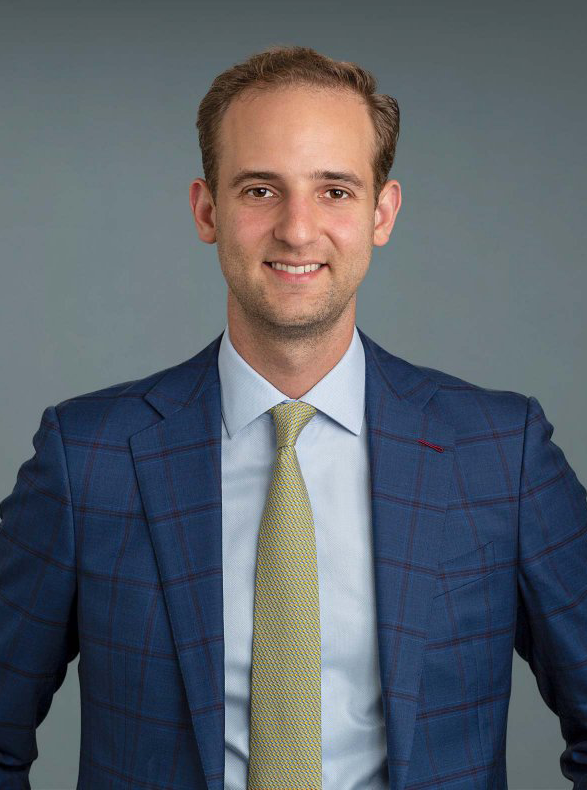Arthritis
Osteoarthritis
Osteoarthritis is the most common form of arthritis and can affect any joint in the body. It occurs most often in older people, though it can affect people of any age. This condition is mainly characterized by joint stiffness and chronic pain. It can cause swelling in the joints and the growth of bone spurs. A variety of treatments are available for osteoarthritis, including several medications, physical therapy, and surgical procedures.

Rheumatoid Arthritis
Rheumatoid arthritis (RA) causes your immune system to attack its own cells and cause inflammation in various parts of your body, often affecting multiple joints at once. Symptoms include pain, stiffness, and swelling in the joints, as well as weight loss, fever, fatigue, weakness, and the occurrence of the same symptoms on both sides of the body, all of which may intensify during periodic “flare-ups.”
Childhood Arthritis
Juvenile arthritis may present in children and teens under the age of 17 and cause inflammation of the synovial membrane, leading to swelling in the joints and potential damage to surrounding cartilage and bone. Common forms of childhood arthritis include juvenile idiopathic arthritis, juvenile ankylosing spondylitis, lupus, fibromyalgia, vasculitis, juvenile myositis, and juvenile scleroderma.
Gout
Gout often affects the joints of your big toes, but can also affect the ankles, knees, elbows, wrists, and fingers, leading to a decreased range of motion in the affected joints as well as lingering discomfort that can last for up to several weeks. Gout symptoms intensify in periodic flare-ups, with each attack lasting longer and affecting a person more severely than the last.
What can cause arthritis?
Cartilage is a flexible connective tissue that provides structure and cushioning to joints like your knee, ankle and shoulder. Cartilage Repair Surgery can reattach or remove bits of loose cartilage using minimally invasive arthroscopy. During arthroscopy, our Orthopedic Surgeons insert thin, flexible surgical instruments equipped with a camera through small incisions.
How is arthritis treated?
Your doctor will base their treatment recommendations on your age, medical history, and the severity of your symptoms.
Short-term treatments for most forms of arthritis include non-steroidal anti-inflammatory medication, heat compression (or cold, depending on the level of swelling), the usage of a splint or brace to immobilize the joint, massaging the affected area, transcutaneous electrical nerve stimulation, and acupuncture. Long-term treatments include surgery, anti-inflammatory corticosteroids, hyaluronic acid injections, and disease-modifying antirheumatic drugs.
Visit a Queens arthritis doctor
Our renowned arthritis specialists can help you find relief from your arthritis symptoms. Schedule a consultation with one of our doctors now.
Sanjit R. Konda
Abhishek Ganta
Joseph A. Bosco lll
Spencer Stein
Michael J. Alaia






